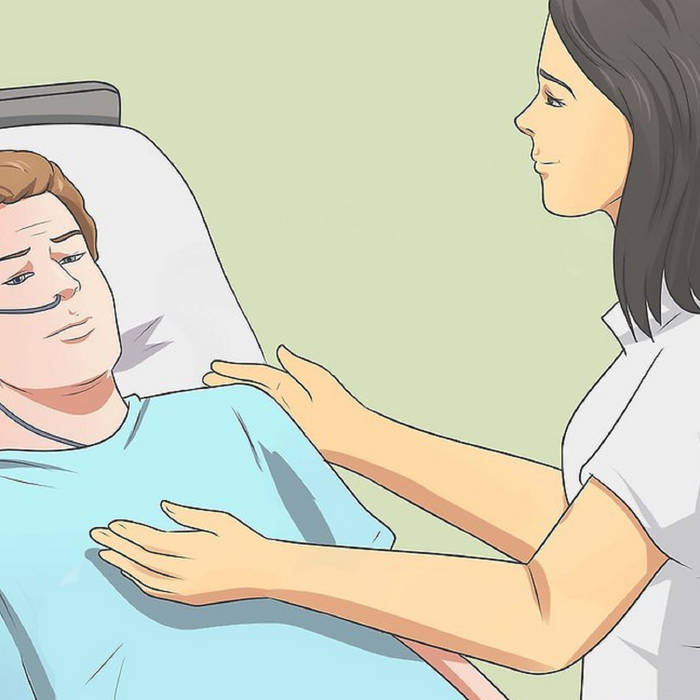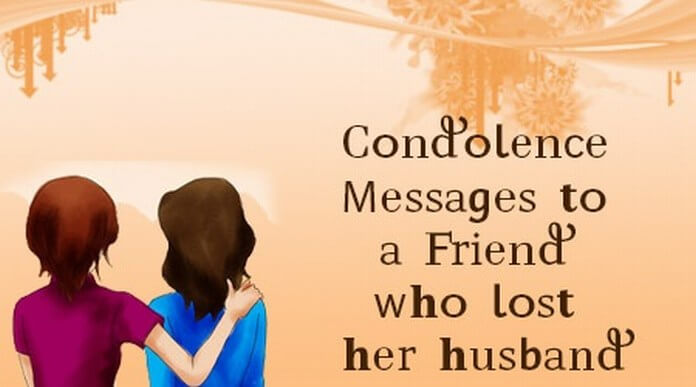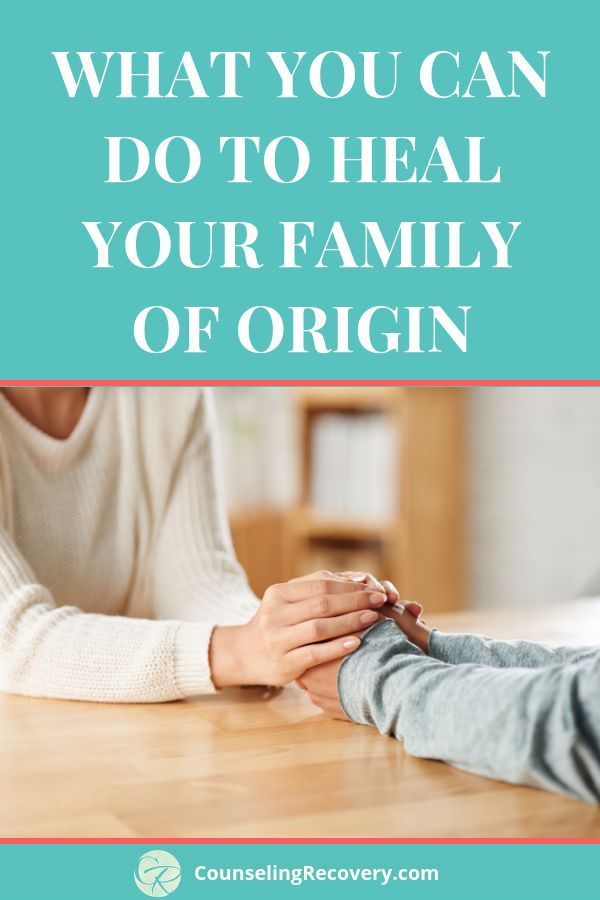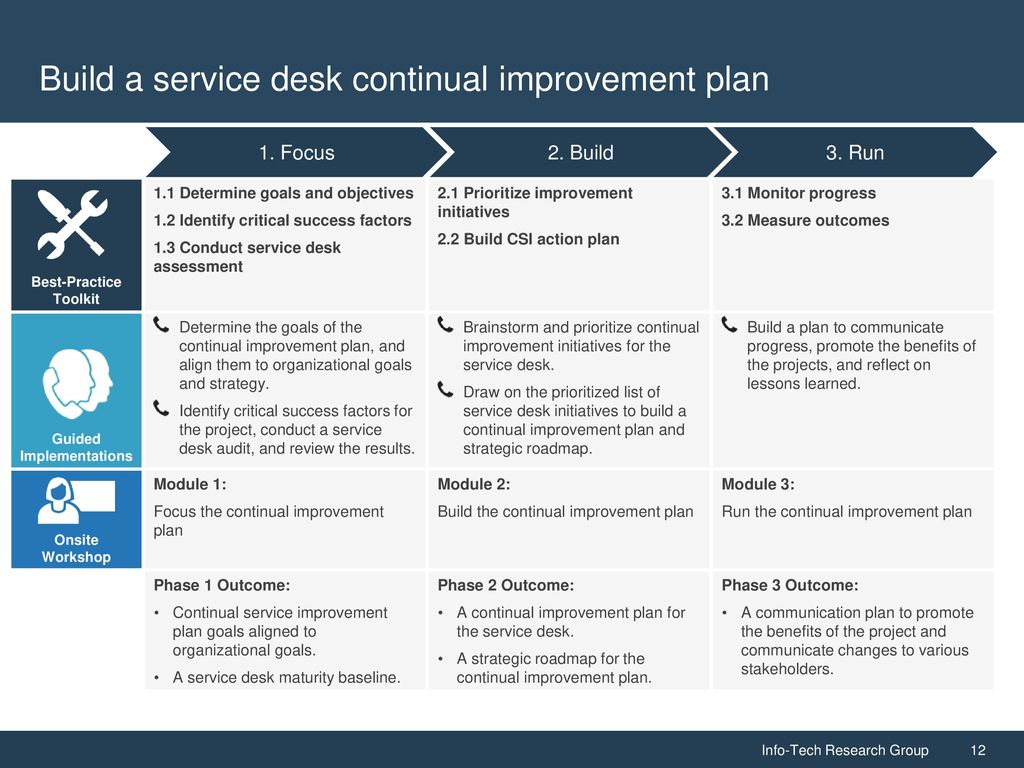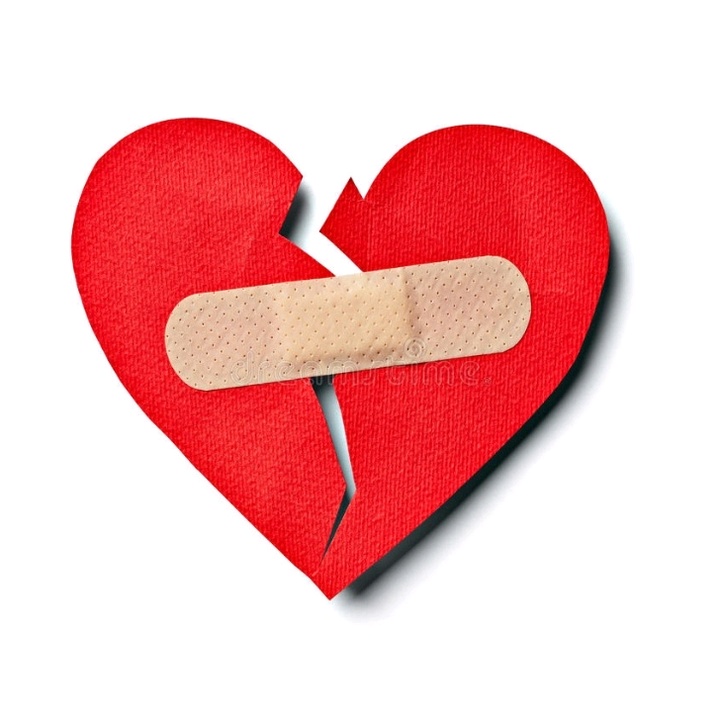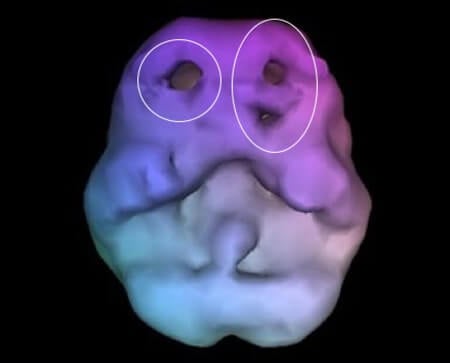Coping with unexpected death
Navigating Grief After a Sudden Death
A husband suddenly loses his wife due to complications from COVID-19. A parent gets the call her son has died in a car accident. Another is told a friend has committed suicide.
When someone dies from a suicide, car accident, overdose, pandemic or other sudden loss, it presents a profound, immensely complex challenge for those who remain.
Grief is overwhelming and one of the most painful emotions any human will ever encounter. While the pain of grief is the same whether the death is sudden or anticipated, a sudden loss is shocking and disorienting, reducing our ability to cope with and understand what has happened.
“When someone you know and love dies you aren’t just mourning a loss, you are also dealing with the trauma of how they died,” said Ricki Ray, MTS, CBC, a Banner hospice bereavement counselor. “Whereas with an anticipated death, we can make sense of the situation and brace ourselves emotionally.”
“Grief is a process and something that is unique to all of us,” said Sarah Payne, DO, medical director of Banner Hospice in Phoenix. “It can be painful to walk through, but if you don’t, it can manifest into physical symptoms and you may end up getting sick. It’s important to accept help and support so you and your family move forward.”
If you’ve recently lost a dear friend or loved one, you too may be grappling with a myriad of emotions and thoughts—from sadness and guilt to anger and fear.
Together Ricki Ray and Dr. Payne answer some common questions surrounding an unexpected loss to help you move through the grief and forward with life.
What is the grief process?
Grief by definition is an emotional process of coping with a loss. You can’t process grief intellectually. While we wish it was clean-cut and linear in nature, grief can be messy and painful. It is a journey you must embrace rather than avoid.
While some will wear their emotions on their sleeves and be outwardly emotional, you may experience grief internally unable to cry. Coping with loss is very personal and singular to your experience. The best thing you can do is try not to resist and prolong the process and lean into the emotions.
The best thing you can do is try not to resist and prolong the process and lean into the emotions.
“Grief is an emotional work that is natural, normal and necessary,” Ray said. “However, our culture tends to believe that anything that hurts is bad, so many of us have not been taught how to properly deal with grief and loss. In avoidance, you may seek other means to release emotions or distract from the pain, such as busyness, food and substance abuse, isolation, shopping or excessive sleeping.”
Famed grief expert, David Kessel, the co-author of “On Grief and Grieving” with Elisabeth Kübler-Ross, MD, said the five stages – denial, anger, bargaining, depression and acceptance – are emotional tools to help us frame and identify what we may be feeling. In your bereavement, you will spend different lengths of time working through steps and express each stage with different levels of intensity. These stages don’t come in any order and not everyone expresses them all.
Pressing into the emotions you do experience, however, can help with your learning to live with the one you lost.
“While working with children going through loss, we sing the “Going on a Bear Hunt,” which I think articulates the grief process well,” Ray said. “We can’t go under it. We can’t go around it or over it. We have to go through grief to find healing and peace.”
What things can help me and my family cope?
Following a death, we are often surrounded by family and friends, there may be cards and flowers, gatherings and sharing of remembrances of the one who died. After the responses and attention trickle down, the reality and depth of the situation may begin to hit home. And with a sudden death, it may leave you particularly vulnerable.
“A common tendency is to isolate; however, it is important for grievers to talk to someone in whom they can confide and be honest about their feelings,” Ray said. Some grievers may have a friend or family member they can talk to, while others may not have a natural support system.”
Ray suggests some of these coping tips:
- Find a grief support group where you can share thoughts and feelings with those who have experienced a similar loss.
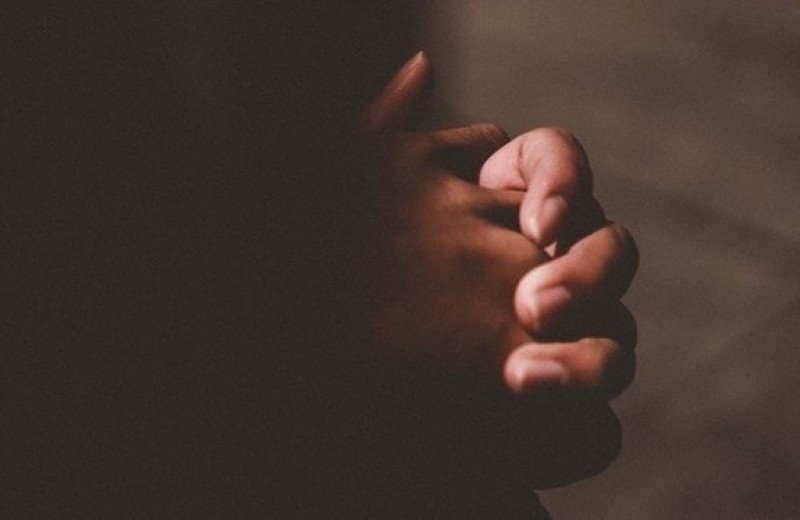 Banner Hospice offers Grief Recovery Support Groups at locations throughout the valley open to the community at no cost. There are also bereavement camps for children and families, such as the Dottie Kissinger Bereavement Camp, a free community program to help families cope with loss.
Banner Hospice offers Grief Recovery Support Groups at locations throughout the valley open to the community at no cost. There are also bereavement camps for children and families, such as the Dottie Kissinger Bereavement Camp, a free community program to help families cope with loss. - Talk to professionals, family and friends to help gain perspective about the death and decrease feelings of guilts and “what if” thinking.
- Gradually resume activities that provide some “normalcy” and familiar patterns of behavior.
- Accept your feelings – even the unpleasant ones – because they are normal and natural. Your feelings are a way to express and process grief and won’t last forever.
- Pay close attention to physical and emotional health. If you experience ongoing or severe physical symptoms and/or have suicidal thoughts, it is important to talk with your physician or reach out to the National Suicide Prevention Lifeline.
“The main thing is to be heard and not feel isolated,” Dr. Payne said. “I had a couple as patients. They had been married for many years when the husband died suddenly. Everything in her life and routine suddenly changed. The loss was so much that she began to have suicidal ideations. Talking with me during a well check about these thoughts, we were able to intercede, surround her with love and get her the care she needed.”
Payne said. “I had a couple as patients. They had been married for many years when the husband died suddenly. Everything in her life and routine suddenly changed. The loss was so much that she began to have suicidal ideations. Talking with me during a well check about these thoughts, we were able to intercede, surround her with love and get her the care she needed.”
Will I ever find closure?
“The term ‘closure’ is frequently used after death, but it is a myth in regard to grief as there is no definitive end to grief,” Ray said. “Grief is not a shutting out, ending or termination of our feelings or missing of a loved one. We can’t just ‘get over it.’ A more accurate term is getting ‘complete’ with the loss as we resolve with ‘different, better or more’ questions. As we begin to move forward and heal, we still understand that feelings related to grief may bubble up from time to time and that is OK.”
It is common, particularly in sudden deaths, to repeatedly think about the “coulda, woulda, shouldas” (known as hindsight bias). Emotional recovery begins when you start to work through those questions on what you wish had been different, better and more. It is important to look at the relationship with your loved one or friend with honesty – the good and the bad – in order to achieve healing.
Emotional recovery begins when you start to work through those questions on what you wish had been different, better and more. It is important to look at the relationship with your loved one or friend with honesty – the good and the bad – in order to achieve healing.
How can family and friends support us at this time?
The death of a loved one or friend has a ripple effect on everyone. While you may be going through immense grief, others may be grappling with their own emotions and thoughts of how to support you.
Ray provides some guidance for family and friends:
- Understand and honor the uniqueness of how each person grieves and let that be OK. While many individuals may be grieving the loss of the same person, every relationship is unique to the two people who have it. Understanding this helps people not compare grief.
- Help with practical things: yard work, airport runs, phone calls, child or pet care, picking up groceries.
- Be a heart with ears.
 Grievers don’t want or need to be fixed. They just want to be heard.
Grievers don’t want or need to be fixed. They just want to be heard. - Be honest. Grievers can smell dishonesty. If you don’t know what to say, let them know that you have no words but are there for them.
Takeaway
While death is inevitable for all of us at some point, when a loved one or friend suddenly dies, we are reminded of our fragility. Death is hard and grieving is a process.
You may feel that you shouldn’t move on with your life because somehow that means you are forgetting your loved one. This couldn’t be further from the truth. Slowly, and with care and support, you will naturally move to a place where you are feeling less sadness while still holding a special place in your heart for your loved one. The best way to move forward is by living in a way that honors your relationship and choosing to live life to its fullest potential.
To learn more about the bereavement and counseling services available at Banner Health, visit BannerHealth. com.
com.
“Grief is the evidence of love – what greater way can we honor our loved ones than to grieve?”
- David Rosh, Banner Hospice Bereavement Counselor
Behavioral Health Hospice Relationships COVID-19
Join the Conversation
Tips from a Therapist: Coping with Unexpected Death
By
Julia Hogan-Werner, LCPC
Facing the death of a loved one is never an easy experience. No matter if a loved one’s passing was unexpected or followed a long illness, or if it’s the first time someone close to you has died or not, grief is a normal response — even if can feel overwhelming.
No matter if a loved one’s passing was unexpected or followed a long illness, or if it’s the first time someone close to you has died or not, grief is a normal response — even if can feel overwhelming.
When someone you love passes away, you are faced with a significant loss and life change. A significant relationship is suddenly gone from your day-to-day life, which profoundly affects you emotionally and even physically.
There are ways to cope with grief that move us toward healing. Better understanding how we experience grief can normalize the process, and it could also help us recognize when we might need to seek out professional help for what we are experiencing.
Common symptoms of grief
As you cope with losing someone you love, you can experience both emotional and physical symptoms. Some people experience several of these symptoms while others might only experience a few. It all depends on the person.
Some common physical symptoms of grief that people experience include:
• Crying
• Headaches
• Difficulty sleeping
• Loss of appetite
• Aches and pains
• Stress
Some common emotional symptoms of grief that people experience include:
• Feelings of detachment
• Feelings of isolation
• Worry or anxiety
• Frustration
• Guilt
• Spiritual struggles or questions
• Anger
Stages of grief
There are some common stages of grief that many people experience. Psychiatrist Elizabeth Kubler-Ross identified five stages of grief that people go through after an experience of death:
Psychiatrist Elizabeth Kubler-Ross identified five stages of grief that people go through after an experience of death:
• Denial: feeling numb and as if the person did not pass away and is still alive.
• Anger: feeling upset that the person left you; feeling angry that this experience happened to you; feeling angry at God.
• Bargaining: going over past events and imagining how you or the person who passed away could have done things differently to avoid the person passing away (i.e., “If only they had left ten minutes later, they wouldn’t have gotten in that accident.”)
• Depression: experiencing the weight of the sadness of losing your loved one.
• Acceptance: realizing that you can still miss that person and find a way to move forward in life.
While it was once thought that people moved through these stages one-by-one (i.e., someone first experiences denial and then moves through anger, etc., until they reach acceptance), but it is now understood that people move in and out of these stages as they grieve. Some people experience all five stages (no matter the order) while others only experience some. In my work as a therapist, my clients often bounce between these stages, sometimes in the same hour. For example, my clients can feel angry that their loved one died and left them to grieve alone, and then move into the bargaining stage.
Some people experience all five stages (no matter the order) while others only experience some. In my work as a therapist, my clients often bounce between these stages, sometimes in the same hour. For example, my clients can feel angry that their loved one died and left them to grieve alone, and then move into the bargaining stage.
Grief differs from person to person
One of the most important things for you to know is that everyone experiences grief differently. The five stages of grief appear to each in their own way, and everyone experiences a different combination of physical and emotional symptoms. Why? It’s simply because each of our lives and stories are unique. When I help clients cope with the loss of a loved one, each one of their stories is different and there is no one-size-fits-all experience when it comes to losing a loved one.
Similarly, it’s important to remember that there is no “typical” timeline for grief. For example, I have had clients who come into my office and, in our first session, tell me that they believe they should be over their loss because it’s been more than a year. But the tricky part is that grief doesn’t have an expiration date — you will always miss that person, in some sense. How you miss them may look different and change over time, but that hole will always be there in some way.
But the tricky part is that grief doesn’t have an expiration date — you will always miss that person, in some sense. How you miss them may look different and change over time, but that hole will always be there in some way.
The good news is that most people get better and better at coping with the loss of a loved one over time, and their physical and emotional symptoms lessen. While it’s cliché to say that “time heals all wounds,” it is true to a certain extent. As time passes, you will get an idea of how you can honor the person you lost while still moving forward with your own life. Be patient and give yourself the freedom to go through the grieving process without pressuring yourself to “get over it.”
Reach out for support
Mourning the loss of a loved one can feel like a very lonely process. You might feel like no one knows what you are going through or understands what you are experiencing. Despite this, it is very important to surround yourself with supportive friends and family. Even though they may not fully understand what you are experiencing, they can still offer you the emotional support you need at this time.
And don’t be afraid to seek out the help of a counselor if you feel like you need extra support for figuring out how to grieve. A counselor can help you process the loss and teach strategies to help you cope with the physical and emotional symptoms of grief as you heal.
Be in the know with Grotto
XExplore more Grotto
Article“Where Would I Be If I Never Left?”
ArticleIt’s Not Easy Being First — Here’s How to Take the Leap
ArticleHow to Create a Wardrobe for Chicago Winters
VideoDelivering Joy — One Party at a Time
ArticleThe Beginner’s Guide to Non-Dairy Milks
ArticleSt.
 Frances Xavier Cabrini Spotify Playlist | #GrottoMusic Article
Frances Xavier Cabrini Spotify Playlist | #GrottoMusic Article A Place To Come Home To
VideoBeing the First To Stand Up
ArticleThe Powerful Invitation to “Just Stop In”
ArticleThe Courage to Say Hello
More Make an Impact
How to get over the death of your mother and help yourself after
We found out what feelings can arise during this period and how to help yourself get over the loss. To do this, we studied grief research and spoke with family therapist Olga Shaveko, who specializes in working with trauma and loss.
The best articles of the Burning Hut are in your inbox!
Subscribe to our newsletter and do not miss the most interesting and discussed materials. Hugs ❤️
By clicking on the "Subscribe" button, you agree to the processing of personal data
What feelings can be experienced after a loss?
The experience of loss depends on personal characteristics, social environment, attitude towards death and relationship with mother. In the first days and weeks after a loss, many people cannot go to work or cope with household chores because this is the acute phase of mourning.
Grief researcher William Vorden writes that grief and other feelings are needed to adapt to loss. There are a number of sensations that people usually name when describing their experience of mourning - any of them are normal. According to the charity Independent Age, after the death of a loved one, people may experience:
-
shock and sense of unreality, especially in the first days after death;
-
general or specific anxiety;
-
anxiety about own mortality;
-
anger and irritation - for example, they can get angry at loved ones;
-
sadness;
-
feeling of guilt;
-
feeling of hopelessness;
-
need to support others and suppress one's own grief;
-
some relief if the person has been ill for a long time.

Your experience may vary. It's normal if you find it difficult to determine what specific feeling you are experiencing. Strong emotions can be frightening, but they usually become weaker over time.
Olga Shaveko , systemic family psychotherapist, specializes in working with trauma and loss
There are five stages that a person goes through during the loss of a loved one: denial, aggression, bargaining, depression and acceptance. But it is important to remember that the process of mourning does not proceed clearly in stages. The stages are very conditional, and much depends on the situation, on the characteristics of the person, on what kind of support is nearby.
The stages usually go through many times, and the strength of emotions gradually decreases. Acceptance is not always possible. Then the process of mourning can become chronic and stretch for a long time.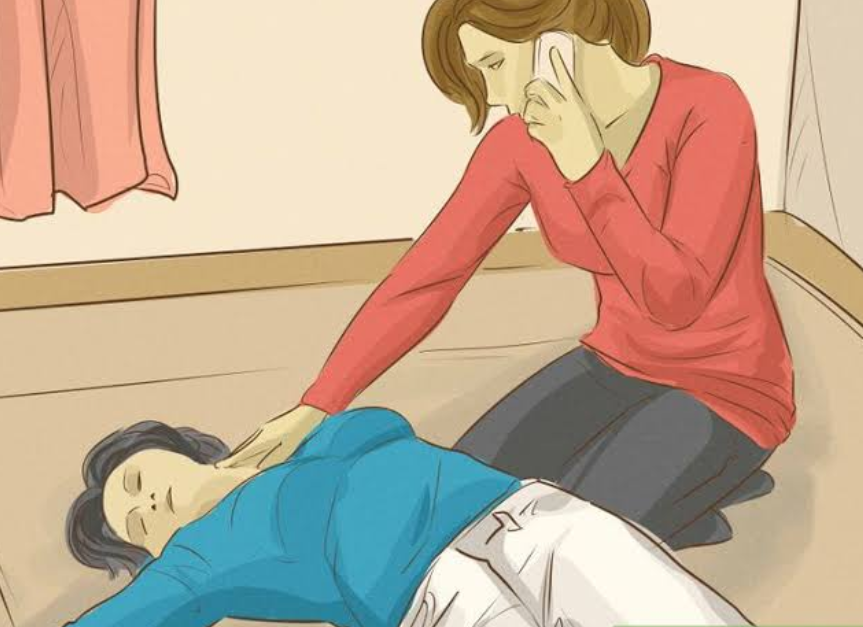
What to do if you feel guilty?
Guilt arises when a person believes that his actions or inaction somehow worsened the situation. Psychologist Edward Kubani has found that people who have experienced a traumatic event often misrepresent their role in it. For example, they exaggerate the degree of their responsibility or think that they did wrong. These are distortions of our thinking, they can be noticed in the process of introspection or analyzed together with a psychologist.
Clinical psychologists Matthew Valley and Hardeep Kaur in an article for Psychology Tools offer this exercise to deal with guilt:
-
Write down your regrets and everything you blame yourself for.
-
Try to look at your feelings with compassion.
 We all regret things and we all make mistakes, but relationships aren't all about mistakes and regrets.
We all regret things and we all make mistakes, but relationships aren't all about mistakes and regrets. -
You may be able to take a broader view and give yourself a little kindness, like a dear friend. Ask yourself:
-
If your mother could hear and see how sorry and guilty you are, how would she comfort and comfort you?
-
What would a dear and wise friend say to you?
-
If another person felt sorry and guilty, what would you say?
-
Talk to your friends and family about how you are feeling, they may be able to support you.
Olga Shaveko
Women often come to me with regrets that they did not have time to talk with their mother, with unspoken grievances.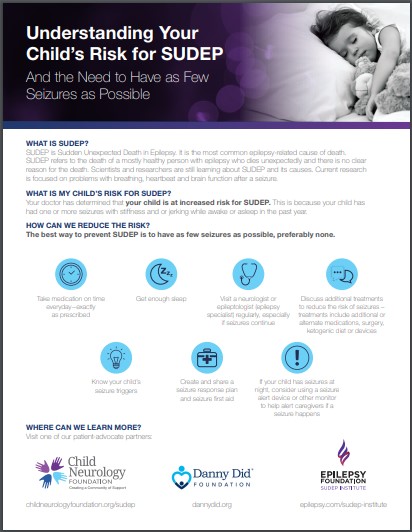 In this situation, it helps to write a letter and express in it everything that was not possible during life. You can do whatever you like with the letter: leave it, burn it, tear it up. If you feel that one letter is not enough, write more.
In this situation, it helps to write a letter and express in it everything that was not possible during life. You can do whatever you like with the letter: leave it, burn it, tear it up. If you feel that one letter is not enough, write more.
Sometimes people feel guilty because they think that somehow they did not take care of the sick person or were not close enough. Guilt can be, and it's okay to experience it, but it's important to understand that it shouldn't overwhelm you. “If I had acted differently, everything would have been different” - no. While a person blames himself, he does not accept the fact of the loss, scrolls in his head the moments how everything could be fixed.
In order not to fall into self-blame, it is important to remember that you did not know the consequences and could not have done otherwise. Even if you had a fight with your mother the day before, you can look at it this way: the decision that you made then was the only possible one under those circumstances.
Yulia, 25 years old
My mother brought me up quite authoritarianly. I was angry at her and could wish her death. Mom died when I was a teenager. I thought I caused her death with my thoughts. Guilt tormented me until I worked it out in therapy as an adult.
The destruction of the illusion of children's omnipotence helped me, I realized that I could not influence my mother's death with my thoughts. I have been in therapy for over a year now. But I still have a feeling of guilt that I wished her harm, I continue to work with him.
And if there is no grief, is that normal?
Australian scholar and director of the Grieving Center Christopher Hall writes that everyone experiences loss differently. It is possible that you will not grieve in the way that is shown in the films or how relatives come to life from you. You may experience the death of your mother without tears, but it can still be mourning.
If the mother was ill for a long time, the child could mourn her loss even before death. Because the loss is not only death, but also the loss of hope, the loss of close relationships with the mother.
Sometimes it happens that a mother and child do not have a close relationship. Then, even though the mother is a blood relative, perhaps her child may not experience grief from the death of her mother.
Olga Shaveko
After the death of your mother, you can feel relief if the relationship was bad. Then you can feel that conflicts and grievances have ceased. It is difficult to accept the feeling of relief and joy due to guilt. After all, my mother died, and in such a situation it is customary to grieve. But any emotions are normal, you can allow yourself to feel them.
There may also be relief if the mother was ill for a long time and it was difficult to take care of her. When a person is tired and burned out while leaving, they may feel relieved that the hard work is over. And this is also a normal feeling.
When a person is tired and burned out while leaving, they may feel relieved that the hard work is over. And this is also a normal feeling.
Is it possible to prepare oneself psychologically in advance?
If you are thinking about how you will feel at the time of loss, you can try to explore your own attitude towards death. For example, ask yourself what is most scary about her. This will help you gradually get used to the fact that sooner or later you can face the loss of a loved one.
At the same time, psychiatrist Abigail Brenner, in a publication for the psychotherapist search service, emphasizes that loss will be painful and difficult experience, even if you prepare for it.
The death of a loved one is a great loss that can cause many changes in life. Grieving does not end quickly, and often a person has to adapt not only to the loss of a loved one, but also to the fact that the usual order of things will change.
Olga Shaveko
Even if the mother is sick, death will still be unexpected. No matter how we realize that the disease is difficult, we always live in the moment. For example, one day mom is more cheerful, and this gives hope that everything will work out.
At this moment, you can pay attention to your well-being so as not to burn out. A person with burnout often becomes cynical and irritable, he does not have the strength to empathize and communicate with his mother. And to continue to communicate, to take the hand, it is important to ask all the questions and express feelings until the mother can answer them.
The scientific journal Vestnik TVGU presents the results of a comparative study of the experiences of people who have experienced loss: for some, a loved one left suddenly, for others, slowly, as a result of illness. It turned out that sudden death is more difficult to come to terms with.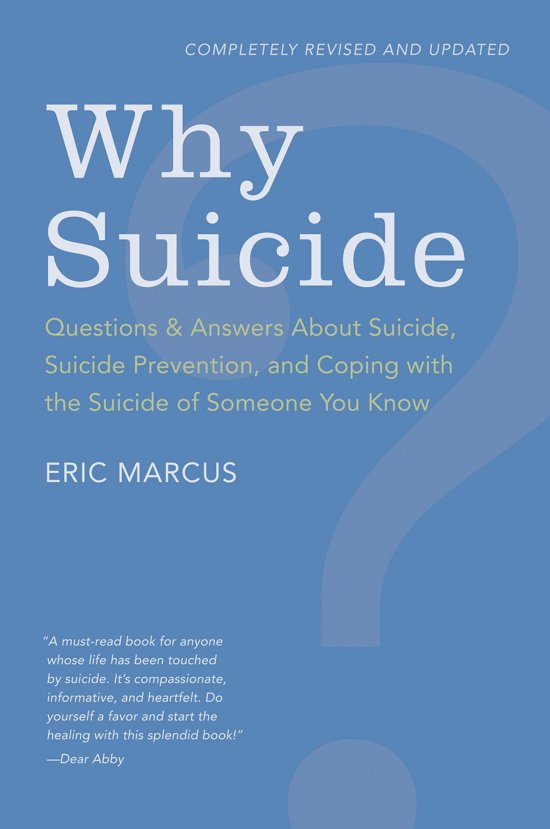 Faced with this situation, they tend to blame themselves for past conflicts with loved ones and for not being able to say goodbye.
Faced with this situation, they tend to blame themselves for past conflicts with loved ones and for not being able to say goodbye.
We live in the illusion of stability, that tomorrow will come, that you can call your loved ones. And they are not ready for the fact that this can change in one second. Sudden death can hurt a lot because it undermines that sense of stability.
Olga Shaveko
But those who have lost loved ones from a long illness experience grief more acutely. This is due to the fact that they were depressed for a long time due to the serious condition of a loved one and the inability to help him recover. Therefore, if you are caring for your mother during an illness, it is important to carve out time for yourself to rest.
Elena, 28 years old
Mom died a year ago. It was unexpected. She did not get sick, did not complain about her health. Two days ago we talked with her, everything was fine. And then death.
It was unexpected. She did not get sick, did not complain about her health. Two days ago we talked with her, everything was fine. And then death.
What did I feel? I was very hurt. Very sad. I didn't understand why? How? Why so early? I couldn't stop crying for a long time. I didn't believe what was happening. I still don't believe it, a year later. I feel sorry, hurt and hurt that she left so early.
Since then I have turned to a psychologist for help. And just recently it got a little easier. Gradually, the feeling that she is somewhere nearby disappears. She stopped dreaming about me.
How to say goodbye to your mother?
All cultures have rituals of saying goodbye to the dead. They may differ, but they have a similar meaning - they help to recognize the fact of loss, say goodbye, be together in difficult times. According to clinical psychologist Christy Denkla, one of the steps to come to terms with the fact of death is to see the body of the deceased. Therefore, many psychotherapists advise attending the funeral.
Therefore, many psychotherapists advise attending the funeral.
In Russia, it is customary to say goodbye at a funeral, and then at a commemoration. Also, many people remember the deceased on the day of his birth and the day of death.
If you did not have the opportunity to be at the funeral, you can say goodbye in a different way. For example, write a farewell letter and burn it, play your favorite song with your mother at a family meeting, go on a trip to her favorite places. All these actions are symbolic, but they also help to survive grief.
Olga Shaveko
Rituals help to say goodbye. There are situations when it hurts so much that you can’t talk about your mother and remember her. Then the topic becomes taboo. Funerals and commemorations are needed to get everyone together and say goodbye. This is a kind of transition to reality, where the person is no longer next to you.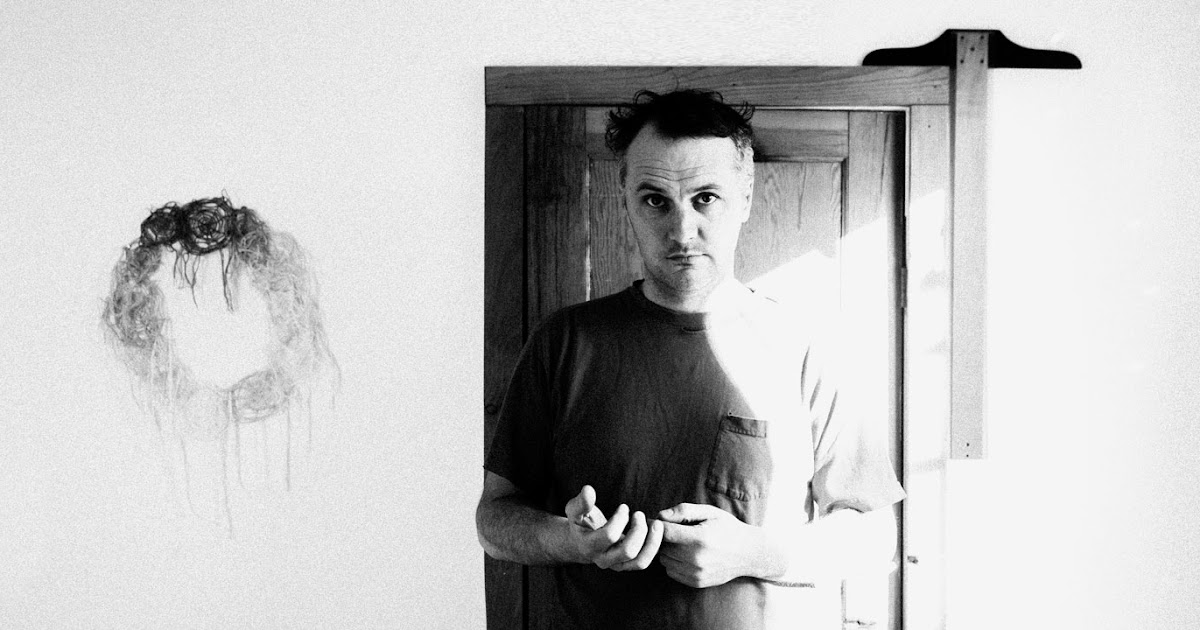
Mom's birthdays and deaths are a reminder that now is the time to remember and talk about her. Conversations are needed to share sadness with other people, to admit that there was a person, everyone remembers him, but now he is gone. These are the traditions that are worth keeping, because they help to adapt to the loss.
Even if people don't do special rituals, they still tend to remember the dead on their important dates. Often clients come to therapy on the anniversaries of the death of their loved ones.
What should I do if everything around me reminds me of my mother?
Sometimes it's hard to run into constant reminders of your mother. And if you lived together, her things will be everywhere: a toothbrush in the bathroom, laundry in the wash, a mug in the kitchen. But throwing away or removing things can be even more difficult than looking at them.
If mom's room is untouched for many years after death, it can keep the illusion that nothing happened.
This is bad because a person can remain in denial that their mother has died.
Olga Shaveko
Co-founders of the What’s your grief? they advise you to take things apart like this:
Call friends or family members for help. Ask them to collect and throw away things that are definitely not of value (half-eaten food, personal hygiene items, underwear). You can also ask them to help you collect and sort the rest of your things. For example, you can put things in different boxes:
-
keep for yourself;
-
leave for others;
-
sell;
-
donate, donate;
-
discard;
-
things you can't decide about yet.

When sorting, it can be difficult to decide what to do with things. It is important to take breaks, there is no need to take everything apart at once.
You can ask yourself questions:
-
Do I have room for this item?
-
Should all items be kept? For example, if mom collected porcelain figurines, the collection can take up a lot of space. Then you can keep a few figures for yourself, and give the rest to relatives and friends.
-
Can I take a picture of this item? Sometimes it is difficult to part with a thing, even if it is necessary. In this case, you can take high-quality photos of things and save them as a keepsake.

-
Can I make something of value out of these things? For example, you can make a bedspread out of prints from old T-shirts.
Important things for you, photos, letters can be placed in a special "memory box". Find a suitable storage space and set a time when you remember your mom and look at things from the box, such as death anniversaries and birthdays.
After a loss, especially in the first weeks, it can be difficult to return to activities that involve the mother. For example, going to your cafe, mom's favorite dish, cycling along your route. It is important to gradually regain the opportunity to visit your favorite places and do your favorite things in a new reality where there is no mother.
Here's a way to gradually encounter evocative situations:
-
Make a list of places and activities that remind you of your mother.
 Arrange the situations from the simplest to the most difficult, causing a lot of feelings.
Arrange the situations from the simplest to the most difficult, causing a lot of feelings. -
Make a plan for how and when you will begin to face the situations you have been avoiding. To make it easier for you, ask a friend or close family member to come with you.
-
Be careful with yourself, it's better to start with small steps because it can be difficult to run into reminders again.
-
If you notice that difficult emotions arise, try to slow down and describe these emotions, feel where exactly in the body they are felt most strongly. This will help you get in touch with your emotions.
How to support yourself after a loss?
Different actions may be required at different times after a loss. Clinical psychologists Matthew Valley and Hardeep Kaur in the article "Grief, loss and bereavement" recommend:
-
Perform any rituals.
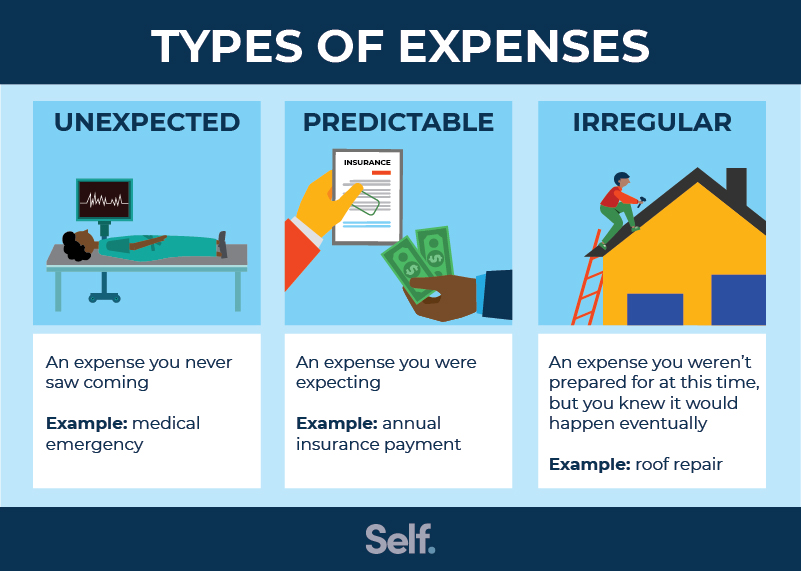 Rituals help to realize the reality of what happened and find its meaning in it.
Rituals help to realize the reality of what happened and find its meaning in it. -
Express your grief, grief and other feelings. For example, keep a diary and record your experiences in it.
-
Tell the story of your loss and grief, such as posting your story on social media. This is also a way to reflect on experiences and get support.
-
Write a letter to your mother about what you wanted to say and did not say. This will help express feelings.
-
Be in touch with your emotions. Many of us are good at suppressing emotions, so feeling them can be difficult and unfamiliar. You can think of each emotion as part of yourself. For example, the part that is angry and the part that is afraid. Distinguishing your emotions is important in order to understand what is happening to you and how you can help yourself.
Olga Shaveko
The better a person understands himself, the easier it is to support himself in times of grief.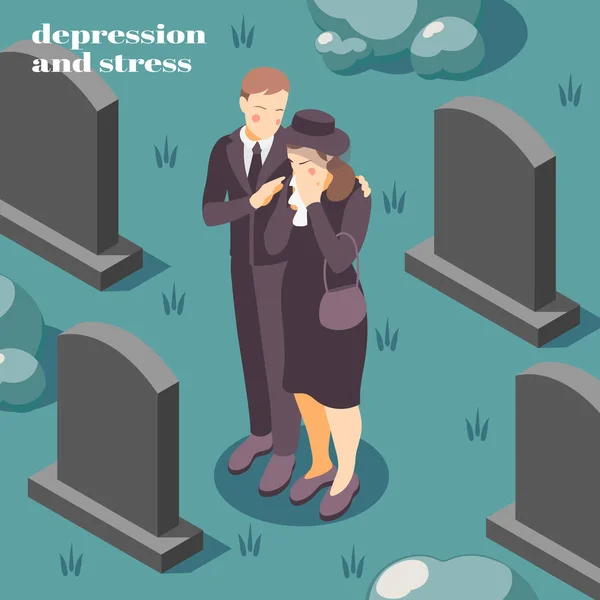 Support is a word by which everyone understands his own. You can understand what kind of support you need by remembering what kind of support was in the family, or by asking yourself what kind of support I expect. Often we do not ask ourselves such questions, but expect from loved ones that they should know what and when to say.
Support is a word by which everyone understands his own. You can understand what kind of support you need by remembering what kind of support was in the family, or by asking yourself what kind of support I expect. Often we do not ask ourselves such questions, but expect from loved ones that they should know what and when to say.
Sadness, crying is normal and corresponds to the situation. Many people find it difficult to allow themselves emotions, because there is a feeling that if you let go a little bit, you will never stop crying. The process of mourning passes in waves, sometimes very hard, sometimes it becomes easier.
And often society, people who support, try to distract, say that life goes on and you have to hold on. You can try to get away from emotions for a while, but they will still cover. Then trifling situations like spilled tea can cause sobs. At such moments, it helps to go to a psychologist in order to create a safe space for emotions to live.
You can say: "It's important for me to cry. " Explain that it helps to cope with the loss. It's hard for people to just be there and hold the hand of a crying person. I want to do something and help. But being there is the most important thing.
" Explain that it helps to cope with the loss. It's hard for people to just be there and hold the hand of a crying person. I want to do something and help. But being there is the most important thing.
If your loved ones violate your personal space and devalue your feelings, it is important to find a time and place for yourself to experience emotions. For example, arrange to see a supportive friend more often. Communication, from which you feel bad, is better to cut.
Julia, 25 years old
My mother died when I was 12 years old. I stayed with my dad and grandmother. It was a stressful period, conflicts began in the family, and soon my grandmother left.
I repressed my feelings about my mother's death for a long time. There was a moment at the funeral when I wanted to cry and join in the general feeling of grief. One of my mother's friends said that I shouldn't cry so as not to upset my grandmother. I never managed to cry, and for a long time after that I did not cry at all. And pushed out the grief.
And pushed out the grief.
When I was at university, it became more and more difficult for me to submit papers. I came to therapy with a request about the difficulties in my studies, and at the very first session I began to talk about the death of my mother and cry. In therapy, it became easier for me, and I began to work with unlived and blocked feelings.
How to support loved ones who are also experiencing loss?
Many find it difficult to find words that will be appropriate. Here are the phrases that psychologist Sergey Shefov cites as an example of what you can say to a grieving person:
-
“How are you feeling?” - an open question that gives the grieving the opportunity to speak.
-
"I'm sorry this happened" and "I don't know what to say, but I want you to know that I'm going through it with you" are ways to express your feelings.

Olga Shaveko
You and your loved ones may not coincide in the stages of mourning. For example, one person is in the stage of aggression and is protesting against what happened. The other one is sad. And it seems to the first that the second does not care at all and he does not support him. It is important to understand that you experience grief in different ways. You can seek support from people who are not affected by grief.
You can be there and let them show emotions, ask for support. Do not fence off a person from life, for example, if he feels the strength to go to work - support his decision.
It definitely does not help to ignore the topic of loss and expect that after the funeral a person will live as before. Because then it will be difficult for a grieving person to cry, to be sad next to you. He may come together to hide his emotions, but this will only increase the tension between you.
What if there are small children in the family? How not to hurt them?
PhD in Psychology Natalia Nozikova and educational psychologist Ekaterina Kolesnik argue that a child is more likely to survive grief without post-traumatic stress syndrome if they can show their feelings.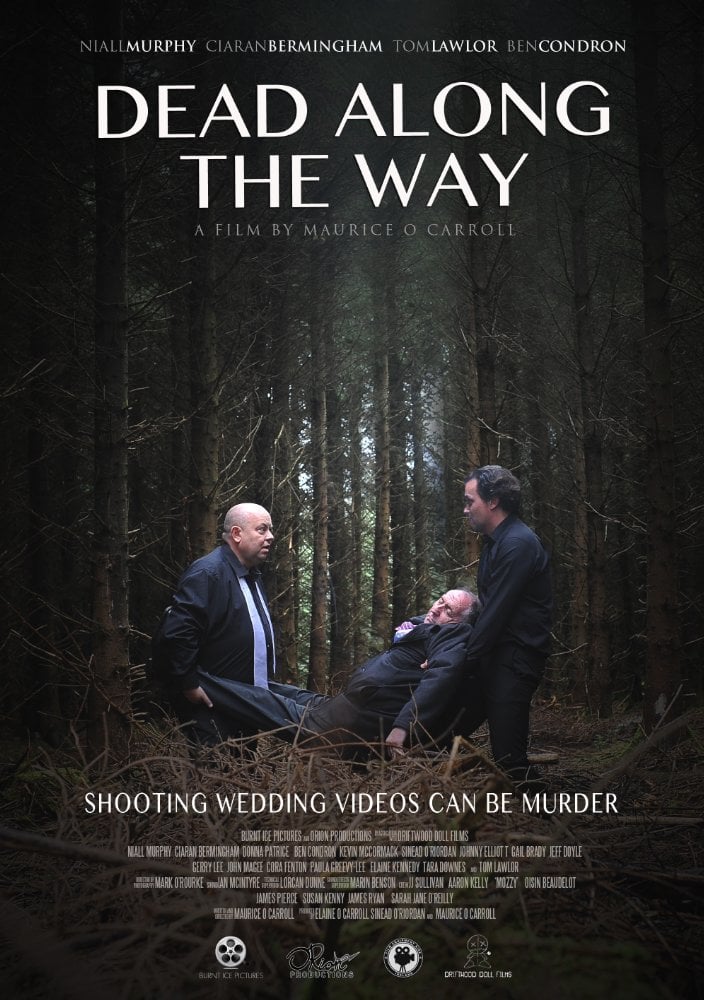 And also if there is a significant adult in his life who cares about him.
And also if there is a significant adult in his life who cares about him.
Lena, 36 years old
When my mother died, my daughter was less than two months old. I was not at the funeral, I could not leave her with anyone. I think mom would understand. I don't have an open gestalt about goodbye.
I was constantly taking care of my daughter. I consoled myself with thoughts that it is natural that we bury our parents. Mom lived a difficult life, buried two sons, but at the same time remained strong. I wanted to get support from her, I couldn’t believe that I couldn’t call her. Although I am 36 years old, it seems that before the death of my mother I was a child, and now I have become an adult.
Olga Shaveko
A child can be told that a grandmother or mother has died, that we will not see her now, but we will remember her. You can take the child to the funeral, but do not lead him if he does not want to, do not push him to take action. It is important for a child, like an adult, to say goodbye to a loved one. The mere presence at the funeral is not traumatic for him. The hysteria of an adult that he sees can scare a child.
It is important for a child, like an adult, to say goodbye to a loved one. The mere presence at the funeral is not traumatic for him. The hysteria of an adult that he sees can scare a child.
Younger children aged 3-5 see death as something reversible. From the age of 6, children understand that living beings tend to die. You can build a conversation based on the questions of the child and his reaction.
If you feel that a child will take the news of death hard, you can read fairy tales in which the heroes lose someone close.
Clients often say: “How can I cry when there are children around?” If a person does not beat his head against the wall, then children are able to withstand the tears of their parents. You can tell the child: "I'm sad that my grandmother is not around." This is how we allow the child to feel. Children also grieve, but they may express it differently.
How long will it take to return to life?
Predictions are difficult because people deal with grief in different ways. In a study from the University of Cambridge, many people describe the first 4-6 months after a loss as the peak of mourning. This is not the end of grief, but after this period a person may feel more stable.
In a study from the University of Cambridge, many people describe the first 4-6 months after a loss as the peak of mourning. This is not the end of grief, but after this period a person may feel more stable.
Olga Shaveko
For many clients, mourning takes 1.5–2 years.
It can be understood that the process of mourning has ended if the emotions have become weaker. The feeling of pain and loss will roll over, but it will be more sadness and regret, and not hopeless grief.
There is a stereotype that only good things are remembered about the departed. However, if mom is remembered as unrealistically good, it may mean that the work of grief has not yet been done. When the mourning process is completed, the memories will be voluminous - both good and bad.
When should I ask for help?
An article for the non-profit organization HelpGuide lists signs to seek help for:
-
Feel like life isn't worth living.

-
Would like to die with my mother.
-
Blame yourself for your mother's death.
-
For several weeks you have not felt connected to others, as if you were separated from them.
-
Do not trust anyone after the death of your mother.
-
Unable to do your daily activities.
You can also ask for help, even if you are doing well: just to make yourself easier and more comfortable.
Olga Shaveko
The very loss of a loved one is a reason to seek help. A psychologist or psychotherapist creates a safe space for emotions to live.
I would definitely advise you to start working in the following cases:
1. If the mother left a long time ago, and the amplitude of emotions does not decrease.
2. If tears appear in a conversation about mother, one's breath is lost, it is difficult to speak.
3. If the process of mourning is not so long, but it completely knocks you out of life, you cannot work, do household chores.
You can find a specialist on websites and social networks in psychology communities: Gestalt approach, cognitive approach, systemic family therapy are suitable.
If there is no money for an expensive specialist, you can turn to undergraduates. These are people at the last stage of education, they also go to personal therapy and supervision and can provide qualified assistance.
What to read about experiencing loss?
Motherless daughters. Coping With Loss - Hope Edelman.
Let's talk about loss. You're in pain, and that's okay - Devos Megan.
Cover: Anika Turchan
"Life ends the same for everyone.
"Hold on", "contact a psychologist", "you are strong" - these are phrases that are unlikely to help a person who has just experienced the biggest loss in his life. It is not customary to talk about death in Ukraine, and therefore people usually do not know how to react to bad news, and people in grief blame themselves for suffering in a way that is not customary. Zaborona journalist Alena Vishnitskaya tells why each stage of mourning makes sense, and preparing for death is not scary.
With this text, Zaborona continues a series of publications on mental health. Every week, together with experts, we tell how our brain works and how to help our psyche. You can read our previous articles on this here.
Oksana's mother died in April in front of her daughter. This was preceded by a six-month battle with cancer. In the hospital, Oksana was given a package with her belongings and told to bury her. Hard quarantine had just begun in Ukraine, and Oksana had to quickly decide how to pick up the body, where to find transport. What cemetery to bury? In what clothes? What color should the coffin be? Whom to call and inform first of all?
Hard quarantine had just begun in Ukraine, and Oksana had to quickly decide how to pick up the body, where to find transport. What cemetery to bury? In what clothes? What color should the coffin be? Whom to call and inform first of all?
Within a few years, Oksana lost almost her entire family. First my grandparents died, then my dad. Of the relatives, only a brother remained, and Oksana was forced to become the eldest. She decided where to bury a loved one: near her mother or her husband.
- Photo: Ivan Chernichkin / Zaborona
Oksana hardly remembers that funeral. She says she could only cry.
“For the first months after my mother's death, I just sat in the room, stuck to the computer, didn't talk to anyone. The resulting void was huge. It turned out that I didn’t have much to fill it with. Well, there is a job that I do - more precisely, that I live, ”says Oksana. She cries periodically. Nine months have passed since my mother's funeral, but it hasn't gotten any easier.
Always childhood
Everything fell apart somehow unexpectedly. Oksana was graduating from university - her grandparents died within two years. A few years later, his father fell ill and died. He was diagnosed with lung cancer at the last stage and a month later he was gone. Mom took the second grandmother closer to her - a month later, the grandmother also died. Of course, it was difficult to live every death, but my mother helped. She, says Oksana, always kept the defense, so the losses were lived a little easier.
In November 2019, Oksana's mother was diagnosed with cancer. Oksana began to fight for her life: she returned from Kyiv to her native town and almost all the time was nearby, in the hospital.
- Photo: Ivan Chernichkin / Zaborona
“When a person is ill for a long time, it exhausts those around him mentally. During my mother's illness, I ate more pills and tranquilizers than after her death. It was very hard. Somehow, unexpectedly, I turned into that person who had to make decisions - take responsibility for others, because there was no one else. I was not ready for this, ”recalls Oksana.
Work gave me some energy: Oksana worked remotely as an editor and ran to her laptop. There were friends nearby - they drank liters of coffee with her, and Oksana was grateful to them for this alone. Friends didn't have to explain anything.
Until the last day, Oksana was sure that her mother would be cured. And she also held on. She mentioned several times that she might die - but, says Oksana, it was not a rational acceptance of reality, but from pain. Mom was not ready for death and did not recognize it until the end.
Mom was not ready for death and did not recognize it until the end.
It was difficult to figure out how to get my mother out in general: I had to feel the choice of doctors, methods and everything else. Oksana says that few of those who recovered talked about how they succeeded, who they turned to. It was basically difficult to understand what to do after the words about the diagnosis.
- Photo: Ivan Chernichkin / Zaborona
“When a person does not overcome an illness, you cannot hide it. And when he overcomes, he prefers not to remember it. Everyone wants to forget it, and therefore do not speak. If I had known then what I know now, I could have done things differently. If I tried better, if I tried other treatment options ... Sometimes it seems to me that this will never end and I will always reproach myself for the fact that my mother could have been saved, ”the girl says.
Stably bad
When her mother died, Oksana realized that she had absolutely no strength. Her friends tried to help: they invited the girl to their places in other cities, offered to change the situation, move out of the apartment where her relatives had recently lived. Oksana only wanted to sit in the room in the corner.
“Perhaps I did not want to carry this blackness that is in me somewhere further. I understood, of course, that my friends love me for who I am, but it was easier for me to sit here and not spread my sadness to others.
The worst thing was when people expressed sympathy. On the street, Oksana constantly met her mother's friends, neighbors, acquaintances - they all wanted to tell what a wonderful mother she was. Or that they recently dreamed about it and it was a good, kind dream.
- Photo: Ivan Chernichkin / Zaborona
“You look for balance in yourself for so long so as not to curl up and howl all day long - and it starts again.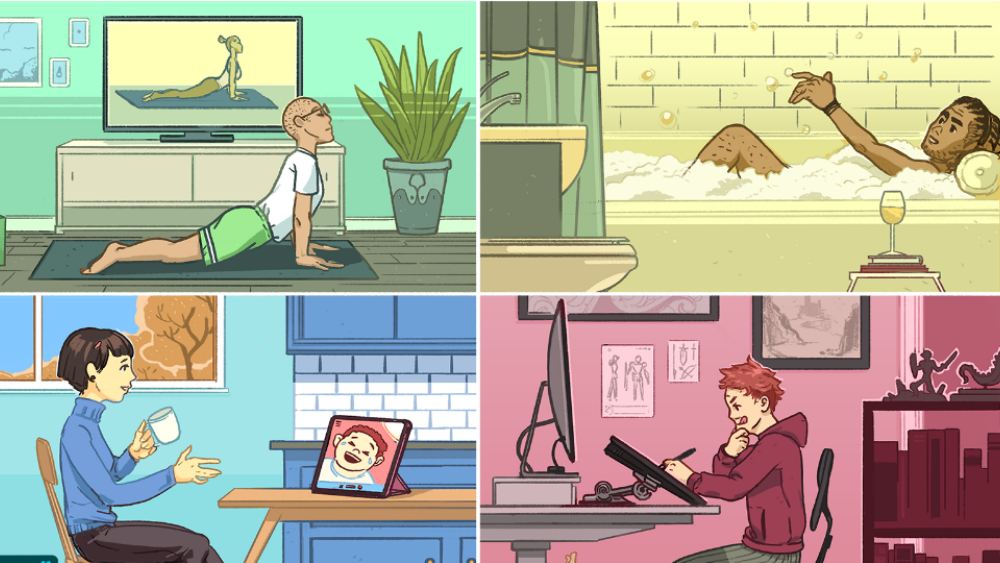 Any manifestations of tenderness, strong care, all these stories about my mother - all this was just unsettling. From this it was much worse than when they simply did not touch on this topic, ”the girl says. For some, she adds, talking about the pain might make it easier, but she doesn't.
Any manifestations of tenderness, strong care, all these stories about my mother - all this was just unsettling. From this it was much worse than when they simply did not touch on this topic, ”the girl says. For some, she adds, talking about the pain might make it easier, but she doesn't.
It was easier to communicate with people who did not start the conversation with the question “how are you?”. Those who were nearby during my mother's illness and funeral did not have such questions.
“Well, how am I? I suck. I suck - and it hasn’t changed in a month, and in two, too, and in three. ”
Hold on, well
Tatyana KonradPeople often do not know how to react to the pain of others. They can casually throw something like: “How long can you cry?”, “We need to live on”, “So much time has passed, stop crying.” Such phrases devalue a person's feelings and this makes it even worse, says gestalt therapist Tatyana Konrad.
Anastasia Leukhina Questions like “how are you?”, as well as phrases “hold on” or “everything will be fine” are also difficult to support. The word "hold on" is quite formal and may cause a person to ask a logical question: what to hold on to? Whether it will be good, no one knows either, says Anastasia Leukhina, author of “Not at all a scary book about life, death and everything in between.” This is a book about the life a person faces when they leave the hospital with bad news.
The word "hold on" is quite formal and may cause a person to ask a logical question: what to hold on to? Whether it will be good, no one knows either, says Anastasia Leukhina, author of “Not at all a scary book about life, death and everything in between.” This is a book about the life a person faces when they leave the hospital with bad news.
- Photo: Ivan Chernichkin / Zaborona
It is difficult for a person who is going through a loss to make any decisions. Therefore, even if you offer him: “Speak if you need help,” he is unlikely to react with something constructive.
To be supportive, it's best to avoid meaningless generic phrases. It’s worth being specific – for example, offering to go grocery shopping on a certain day, cook dinner, give a ride in a car, or sort out some business, says Anastasia. The specifics sound sincere and are more likely to be implemented.
The specifics sound sincere and are more likely to be implemented.
The most important thing is to help a person to live the loss in the way he or she needs. And society often does not allow this. It is as if culture decides for a person what is worthy of mourning and what is not, says Tatyana Konrad. For example, a child is not allowed to grieve over a dead dog, and a woman who has lost a child is told that she will have more children.
“When my child died, I remember very well that I had a need to live the way I used to, there was a need to talk about what had happened and about the child. And the people around did not give me the opportunity for either the first or the second. On the one hand, they could not pretend that nothing had happened, and it took me a lot of energy to cope with other people's experiences, because it was uncomfortable. On the other hand, I was not allowed to talk about the loss openly, because they were uncomfortable, ”recalls Anastasia.
That is why it is important to find out from a person what exactly he needs: to be silent or to talk, to be alone or to meet people in a concentrated manner. The main thing is not to impose on a person your ideas about how to grieve properly.
The main thing is not to impose on a person your ideas about how to grieve properly.
“My friend from the States told me that his mother was ill at home for a long time. She died the moment he went out to the bookstore for the first time in weeks to unwind and buy satirical comics. When he returned home, no one knew what to do. The family sat next to their mother and began to read satirical stories to her. There had never been more laughter in the house than on that day, and in a sense, this laughter helped to cope with grief. Mourning does not have to be sad and gray,” says Leukhina.
- Photo: Ivan Chernichkin / Zaborona
There is no standard for mourning, Anastasia notes: you need to feel and be honest with yourself in order to understand what exactly you need and how much time: “Maybe you want to be alone and walk to church, or go to some other city and forget about everything. This is a story about how we ourselves need to be aware of our feelings, and not try to focus on what is supposedly socially acceptable.
This is a story about how we ourselves need to be aware of our feelings, and not try to focus on what is supposedly socially acceptable.
Taboo topic
Death is one of the most taboo topics in Ukrainian society.
“We are afraid of death, but I don't know a single person who would live forever. Life is a process and it ends the same way for everyone. The only question is how we feel about it,” Tatyana Konrad explains.
She emphasizes that death must be discussed from childhood. Not to hide, not to taboo, but to teach children to live emotions, support others, complete some processes with a person who is dying.
- Photo: Ivan Chernichkin / Zaborona
People in Ukraine are accustomed not to worry, but to skip any discomfort, adds Anastasia Leukhina. When she was preparing the book for publication, she encountered dozens of people who took care of seriously ill relatives and refused to take the book in their hands: they say, it will bring them closer to death, so it’s better not to think or talk about it.
When she was preparing the book for publication, she encountered dozens of people who took care of seriously ill relatives and refused to take the book in their hands: they say, it will bring them closer to death, so it’s better not to think or talk about it.
“Our culture has a tradition of avoiding difficult honest conversations. For example, parents often distract their children from something uncomfortable instead of helping them get through it. We avoid talking about difficulties, and death is one of the topics that they prefer not to talk about, ”says Anastasia.
At the same time, pronouncing the end of life is important. For loved ones, this is an opportunity to discuss what they previously avoided, or for which there was never enough time. For a person who is dying - a chance to say goodbye, to complete some business or dreams. And also - to solve the issues associated with the burial. Find out how a person would like to be said goodbye to him, what is important to him, and so on.
- Photo: Ivan Chernichkin / Zaborona
“It is important to discuss all these things in advance, when everyone is alive and not crying. Because it helps to make a bunch of decisions, which will then cause a lot of stress,” says Leukhina.
For living through trauma, she explains, it is also important how a person will remember the day of farewell. If it is filled with strangers, empty words and empty rituals for a person, then, most likely, he will strive not to live it, but to forget it.
Emotional mines
Oksana tried to get rid of things that reminded her of her mother: she threw something away and gave it to charity, put some in boxes. The package that was given in the hospital ended up on the balcony: it was difficult to even approach it. Responsibility fell from everywhere: it was necessary to figure out how to pay a communal apartment and on what basis the amounts were generally calculated there - no one but Oksana could solve this.
Responsibility fell from everywhere: it was necessary to figure out how to pay a communal apartment and on what basis the amounts were generally calculated there - no one but Oksana could solve this.
“I once had a dream that I was sorting through the documents in the apartment, and my mother said: “Listen, I would not throw these documents away yet.” Then I started getting angry at her and throwing these documents around, shouting “how, how could you leave me? Do you see that I don’t rake at all?” Oksana recalls.
Similar dreams came to her several times. In the summer, my grandmother also dreamed - Oksana had turned the apartment over again, carried out a bunch of things, threw away some of the furniture. Then the grandmother said: “Well, I have nowhere to lie down for several nights.” In one of the following dreams, my mother was again - she hinted that the apartment was empty.
- Photo: Ivan Chernichkin / Zaborona
These dreams made Oksana feel like she was doing something wrong.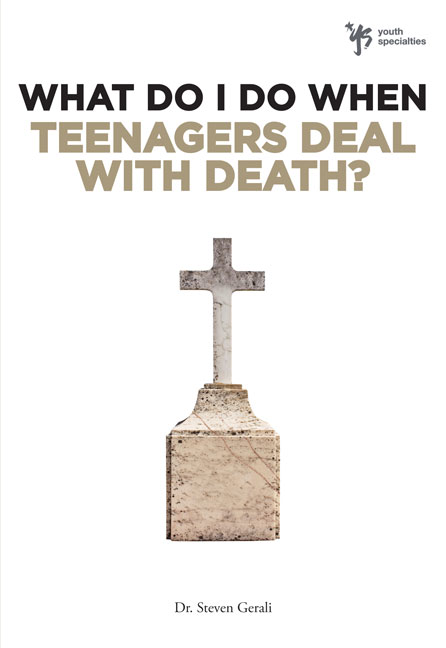
“My friend then told me that museumification is definitely not worth doing. But I thought a lot about whether it’s normal at all - that I want to leave a memory, but at the same time protect myself from these triggers and emotional mines, which are already so full around, ”says Oksana.
Anything could become a "mine": a meeting, a thing, a word. At Christmas, it was a box of Christmas tree decorations, some of which my mother made herself.
“I put up the tree, took out a box of toys, and cried over it for a couple of weeks. I couldn't pile myself up to hang something. On Christmas holidays, I always came to my mother: we went to church together, we had common traditions. And here I had to relive the same thing, but already on my own, ”says Oksana.
Year
Man measures time in years — this is how our thinking works. This means that in the first year after the loss, we remember what happened last year - holidays, joint trips, classes, and so on.
“In the second year after the loss, thinking works the same way: we remember what happened last year without this person,” says Tatyana Konrad.
This does not mean that grief passes in a year: pain can stay with us for many years, depending on what role this person played in life.
“However, something new will appear. A person must learn to live without what he has lost. Live differently,” says the expert.
Loss of home, job, divorce - all this can be perceived by the brain as strongly as death. When the stage of mourning ends, a person begins to see the new and enjoy it, building a completely different relationship with life without what he has lost.
Pandemic
My mother's death occurred during the first lockdown in Ukraine. In fact, the entire first year after her death, the coronavirus pandemic continues. This made many self-help options impossible, Oksana says:
“A return to social life was out of the question, but I didn't want to. However, this became another obstacle: I refused to see my friends, because the fear of infecting someone was added to everything else.
However, this became another obstacle: I refused to see my friends, because the fear of infecting someone was added to everything else.
If not for the epidemic, Oksana might have bought herself a one-way plane ticket. She has always loved to travel, especially when she is alone. When dad died, such a trip helped. The girl escaped to her friend in Norway - she lived there for a month, worked remotely, walked around the city, looked at the rocks and the sea.
“Not sure what would have helped this time. Under these conditions, it was easier to sit and not rock the boat, to minimize the number of contacts. At some point, it was already impossible to understand: I have little contact with people, because it’s difficult for me because of the loss, or because I’m afraid of getting sick and infecting someone close to me, ”says Oksana.
At the same time, thoughts about my own sudden death began to arise. Oksana gave her friend the passwords to her bank accounts and stash, dictated instructions on where everything was.
- Photo: Ivan Chernichkin / Zaborona
“When you see a lot of deaths, you start to get paranoid without joking. I don't think this has happened before. And then I began to seriously worry that I would leave behind a lot of unfinished. I wanted people close to me to know what to do, where the keys and money are. I didn’t want to repeat all the things that happened to me,” she says.
For her, making any decisions is still an unbearable burden. Even if this is a common everyday situation that does not require much thought.
“I stopped wanting something from myself—even wanting to please myself. Combing your hair or putting on makeup is a feat, ”says the girl.
Recently, Oksana, for example, ordered several books: she looked and chose them from day to day. It took months to make a decision and press one button.
It took months to make a decision and press one button.
Why mourning is needed. Psychotherapist Tatyana Konrad explains. The process of mourning itself has a specific list of goals. To survive the loss, you need to go through all the stages.
A person must recognize the fact of loss - that reality will continue to exist, but already "without": a person, hope, opportunity, or something else that he has lost.
Live hard emotions and move on.
Change the space in your life: now there will be no person who influenced it. Therefore, the space must also be transformed, filled with something else.
Build a new relationship with the person who left. They will be radically different from those that were before.
Pain may be needed to move on.
“Yes, we usually don't want to face pain, because we think like this: good things are good feelings, and bad things are bad feelings. Therefore, it is difficult to imagine that we need mourning for something good, says the psychotherapist.